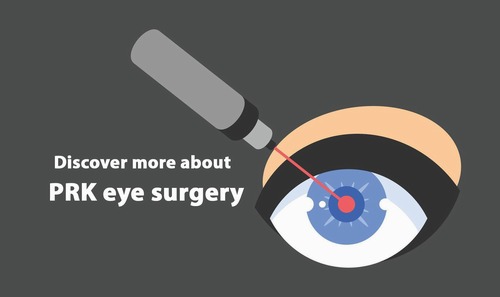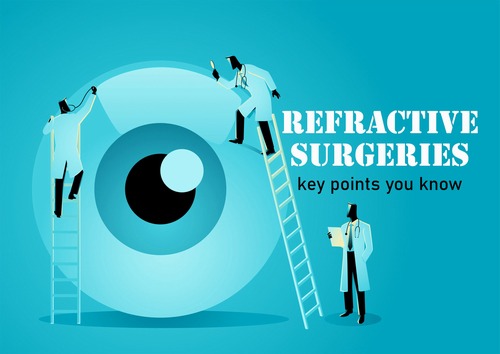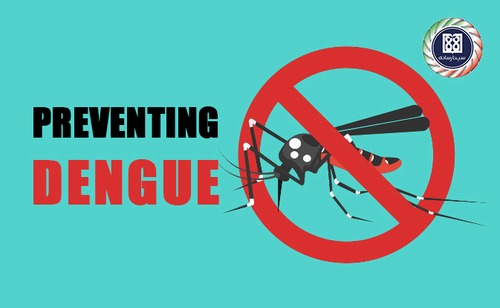
Introduction
Director of Nursing, Farabi Hospital: Soraya Karimi
Office Manager: Shadi Shirparvar
Visiting Hours for Colleagues: Wednesdays from 1:00 PM to 3:00 PM
Mission
The Nursing Services Management Office of Farabi Hospital, as a national hub for ophthalmology, aims to become a national reference for eye nursing based on new knowledge management, leadership, and guidance with foresight and efficiency. By making appropriate use of available human, financial, equipment, and information resources, it strives to achieve the hospital's mission, vision, and organizational values, and to align with the policies of Tehran University of Medical Sciences and the Ministry of Health, Treatment, and Medical Education in order to promote eye nursing in the country. The activities of the Nursing Office of Farabi Hospital are generally summarized in two areas: skills assessment and employment of nursing staff and nursing care management.
* Quantitative and qualitative assessment of nursing human resources (including nursing specialists, anesthesia and operating room technicians, paramedics, and secretaries) required for each diagnostic and treatment department using the standards and coefficients announced by the Ministry of Health, taking into account the country's employment laws and the Ministry of Labor and Social Affairs to improve productivity.
* Evaluation of the qualifications of new nursing staff and their placement after qualification is approved.
* Placement of nurses in shifts in the various departments based on the summary of the required nursing human resources.
* Evaluation of the performance of nursing staff with a specific process and determination of criteria for termination or continuation of service.
* Determining and evaluating the minimum general and specialized clinical skills and communication skills for nursing staff working in general wards, operating rooms, special care, and eye emergencies.
* Developing and disseminating educational policies for nursing staff.
* Annual review and dissemination of eye nursing care guidelines to clinical departments.
* Monitoring and controlling the performance of nurses in eye nursing care based on the issued nursing care guidelines.
* Monitoring and controlling the performance of nurses in the correct recording of nursing care actions.
* Estimating the annual budget for nursing activities based on operational plans and submitting it to the hospital's executive management team.
* Reviewing and prioritizing the needs requested by the clinical departments reported in the needs registration system and following up and meeting them.
* Identifying educational needs and planning and providing educational resources and supervising the proper implementation of patient and family education programs.
* Supervising the administration of clinical departments and individual care.
* Developing and disseminating the implementation procedure for the encouragement and disciplinary controls of nursing staff.
* Supervising bed management, patient dispatch and transfer within and outside the hospital.
* Supervising the interaction of clinical departments with other departments and paraclinics.
Vision
* To provide diagnostic, therapeutic, educational, and research services in the field of ophthalmology and vision sciences.
* To be a benchmark for the provision of services, knowledge and technology creation, and training of specialists in vision care by 1404 in the Middle East and Central Asia region.
* Knowledge-based.
* Human dignity and excellence.
* Respect for rights and promotion of patient safety.
* Responsibility to society and the environment.
* Commitment to self-confidence, creativity, and innovation.
* Results-oriented.
Recent content
Aug 20 2024
What causes corneal ulcers?
A corneal ulcer typically occurs due to an infection in the corneal tissue. However, other conditions such as severe dry eye can also lead to the formation of a corneal ulcer. It's important to understand that healing from this condition may take several weeks or even months. Please be patient and follow your doctor's treatment plan closely.
Aug 19 2024
Endophthalmitis: A Serious Eye Infection
Endophthalmitis is an infection of the clear fluids inside your eye. This infection can cause serious damage because it directly affects the tissues inside your eye. That's why it's important to prevent it, and if it does happen, to diagnose and treat it quickly. Endophthalmitis is a serious condition that can lead to vision loss if not treated promptly. If you experience any symptoms of endophthalmitis, seek medical attention immediately.
Aug 15 2024
Discover more about PRK eye surgery
PRK, or photorefractive keratectomy, is a type of laser eye surgery used to correct refractive errors such as nearsightedness, farsightedness, and astigmatism. Due to its proven safety profile, PRK is often considered the preferred method for correcting refractive errors.
Aug 9 2024
Key Points you know about refractive surgeries
Refractive surgery is a medical procedure that reshapes the cornea of the eye using lasers or other surgical tools to correct refractive errors. By doing so, the need for glasses or contact lenses is minimized, and individuals can see distant and near objects clearly.
Jul 28 2024
Protect yourself from dengue fever: Here's how
To effectively prevent dengue, community efforts must focus on both personal protection against mosquito bites and environmental measures to control mosquito breeding.
Jul 28 2024
A Silent Threat, It Is Time to Action
The World Health Organization has designated July 28th as World Hepatitis Day to raise awareness about this disease, encourage vaccination, promote early diagnosis, and facilitate effective treatment for hepatitis. Early detection of hepatitis is crucial as prompt treatment can prevent the disease from progressing to cirrhosis or liver cancer.
Mar 12 2024
Glaucoma: Early Detection, Lifelong Vision
The primary cause of glaucoma is increased pressure inside the eye. This pressure, known as intraocular pressure, damages the optic nerve. One of the most insidious aspects of glaucoma is that it often progresses without noticeable symptoms in its early stages. Early detection is crucial in managing glaucoma. While there is no cure for glaucoma, early detection and treatment can significantly slow down or even stop the progression of the disease. Regular eye exams are essential, especially for those at higher risk. Farabi Hospital's ophthalmology department is renowned for delivering cutting-edge treatments and unparalleled care to patients with glaucoma.
Jan 30 2024
ARAS Robot (III), Revolutionizing Ophthalmology Education at Farabi Hospital
The Tehran University of Medical Sciences’ Translational Ophthalmology Research Center, in collaboration with Farabi Hospital, has been exploring the use of cutting-edge technologies, particularly artificial intelligence, to enhance the training of ophthalmology residents. This goal led to a partnership with the Arash Robotics Group at Khaje Nasir Toosi University of Technology, resulting in the development of a knowledge-based product called the Arash Assist surgical robot. Furthermore, the third version of this robot was successfully tested for the first time in the ophthalmology operating room at Farabi Hospital, using a donated human eye that was unsuitable for transplantation due to biological contamination. The robot features two arms: one is held by the master surgeon, whose hand movements are recorded and then transmitted to the other arm, allowing the assistant surgeon to receive haptic feedback through the second arm. Dr. Seyed Farzad Mohammadi, a faculty member of the Ophthalmology Department and h
Aug 30 2022
TUMS Top: Corneal Stem Cell Transplantation and Limbus Reconstruction Performed for the First Time in the World at Farabi Hospital
In recent years, there has been a growing interest in the use of autologous therapies, such as autologous eye drops, for the treatment of ocular surface injuries and diseases. These therapies utilize a patient's own blood to create a personalized treatment solution.
The Tums Top (Top Achievements of Tehran University of Medical Sciences) program recently showcased the production process of autologous eye drops at Farabi Hospital, a leading ophthalmology center affiliated with Tehran University of Medical Sciences. This innovative approach offers a promising new option for patients suffering from severe dry eye and other ocular surface conditions.









